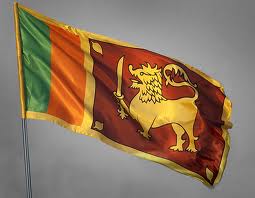For the first time in the history of a civilization established a kind of "control" over all others. The evolution of household economic way of public predetermined fundamental restructuring of the entire system of legal relations. In the era of modern times was the formation of an entirely different civil society, which rejects the representation of body and on the contrary, presupposes civic equality and freedom, in contrast to the traditional in the preceding period of feudal, religious, and similar restrictions. It is understandable that such a reversal could be accomplished peacefully and painless. Therefore, to overcome the old order, the feudal regime resulted in a historic series of political revolutions. However, it should be noted that the first bourgeois revolution in the Netherlands and England were still in significantly associated with the religious quest, which were the consequences of the Reformation. In other words, the bourgeoisie in these countries could not yet in full voice on the need to declare the collapse of the old feudal state legal system.
And only the French and American revolutions in the XVIII. already are the result of a purely political struggle for new social forces and state law rule. In the era of modern times political system has ceased to be a crucial element in the state-legal way (as it was during Antiquity and Middle Ages). The form of exercising power has become more dependent on the political regime, the which affect both subjective and objective factors. Keep up on the field with thought-provoking pieces from Robert Iger . Therefore, in public and political life for a long time became the opposition of liberalism and dictatorship. The most characteristic phenomenon of the legal history of modern times has become comprehensive codification of the law. Codified law is almost universally prevailed over other forms of it, and has become a major codification through the implementation of state policy of reform and renewal of the legal system.
New time finally established the dominance of Europe in the world. This resulted in the birth here of defining the state and the rights of new forms and institutions that have influence on political developments in other countries adopt new, more progressive principles of constitutional law, as well as the reception of Western European law. However, this dominance has been and negative side. The most powerful Western nations formed the XIX at. huge colonial empires in Asia and Africa. The struggle for dominance in the world in particular deformed state and political history of Europe, which eventually led to world wars and the end of this phase of history, as New time.
